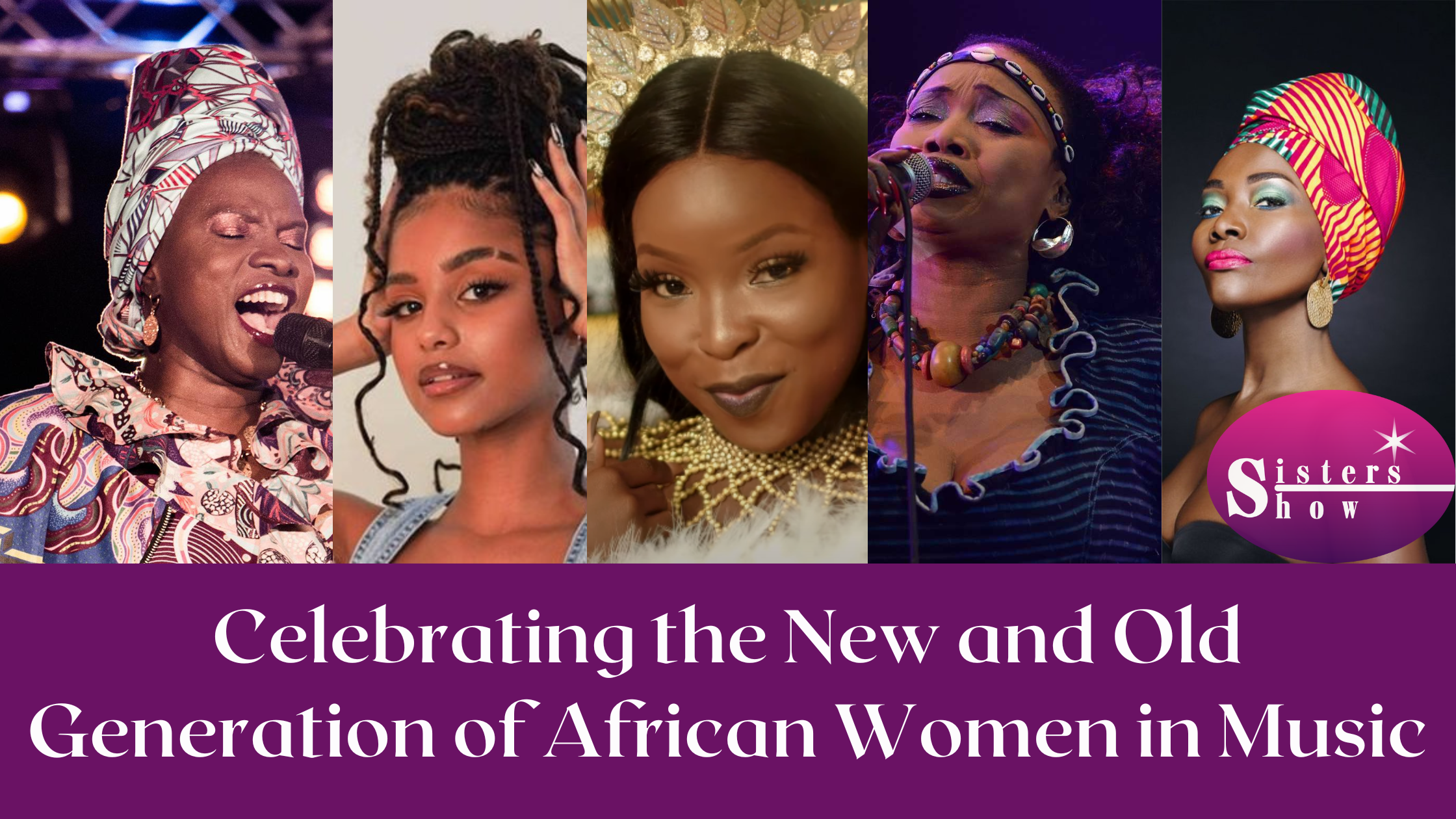
Celebrating the New and Old Generation of African Women in Music
March is dedicated to celebrating women, and today, we are spotlighting the exceptional African women who have made their mark in the music industry. From the trailblazing icons of the past to the rising stars of today, African women in music have played a significant role in shaping the cultural landscape of the continent and captivating audiences around the world.
The Trailblazers
At the forefront of this celebration stand some of the most iconic figures who have left an indelible impact across generations. Angelique Kidjo, a Grammy-winning artist from Benin, has been captivating audiences with her soulful vocals and fearless activism for several decades. Her music transcends boundaries, seamlessly blending traditional African rhythms with global influences to create a sound that is uniquely her own. Similarly, Oumou Sangar��, a sensation from Mali, is widely recognized as the queen of Wassoulou music. Through her music, Sangar�� advocates for women’s rights and social justice, carrying forward a legacy of strength and resilience that transcends the music industry. And, of course, no discussion of legends would be complete without mentioning Senegal’s Coumba Gawlo, the award-winning artist who first gained worldwide recognition after releasing the famous”Pata Pata” in 1998.
The New Generation
A new generation of African women is making waves in the music world as the old guard continues to inspire. Guinea’s Manamba Kante brings the best of millenary griot art on stage with electrifying performances and powerful lyrics. On the other hand, Grammy award-winning artist Tyla has captured the hearts of millions with her melodies and introspective songwriting, earning her international recognition. Alongside them are Tems and Ayra Starr, both trailblazers in their own right, using their platforms to champion female empowerment and celebrate African culture through their music.
Celebrating Diversity
The exceptional talent and dedication to authenticity and diversity unite these women. They find inspiration in the rhythms of Afrobeat and the melodies of West African griots, weaving a diverse sound as rich as the continent itself. Whether singing in English, French, Wolof, or Yoruba, they take pride in celebrating their heritage and identity. Through the universal language of music, they connect people and bridge cultures.
Empowering the Next Generation
As we take a moment to applaud the accomplishments of African women in the music industry, it’s also important to acknowledge the significance of fostering the growth of the next generation of talented individuals. Mentorship programs, educational initiatives, and increased representation in the field can all work together to encourage young girls to follow their dreams and make their voices heard globally. By offering aspiring artists the chance to learn, develop, and flourish, we can ensure that the legacy of African women in music will endure and continue to inspire future generations.
Conclusion
Amid a world where many voices are suppressed, and narratives are disregarded, African female musicians shine as symbols of hope and perseverance. From the trailblazing pioneers who left their mark to the emerging talents who are forging their way, these women showcase the tremendous impact of art and the limitless possibilities of human imagination. As we commemorate their accomplishments and acknowledge their invaluable contributions, let us pledge to empower and amplify the voices of all women so that their melodies can reverberate across nations and eras, inspiring progress and enriching lives.




